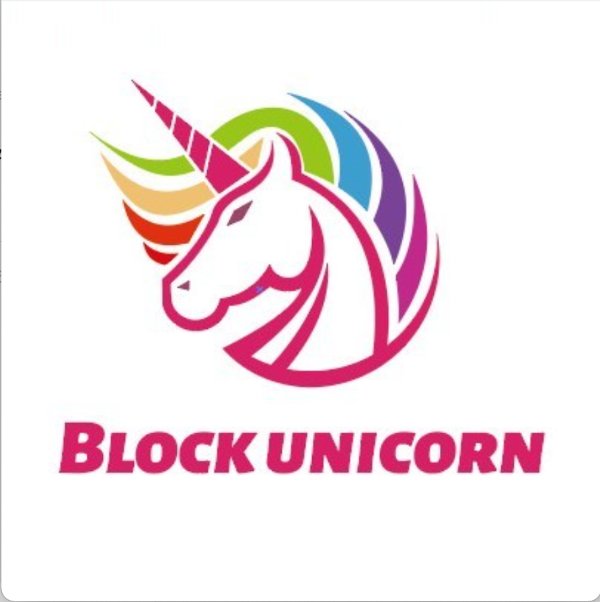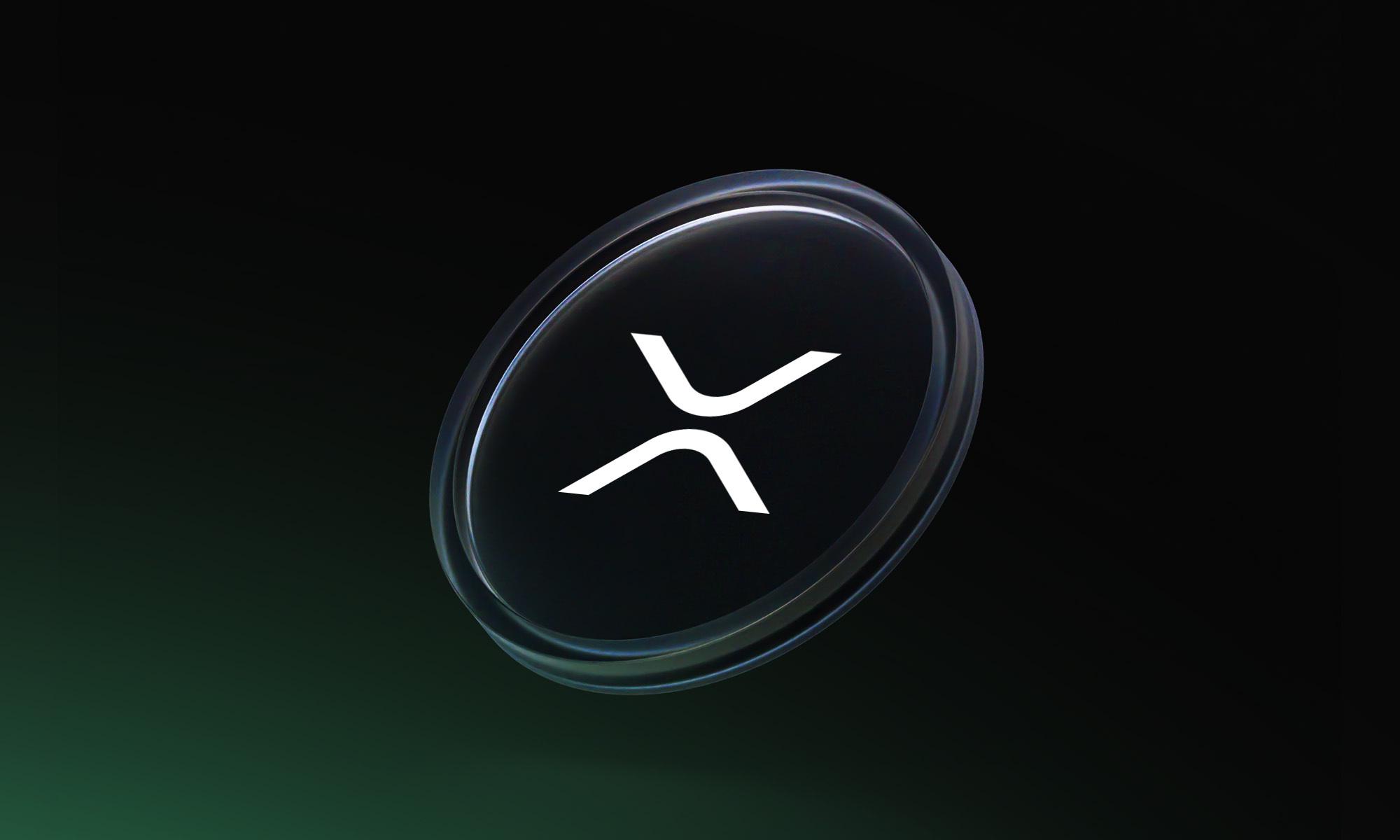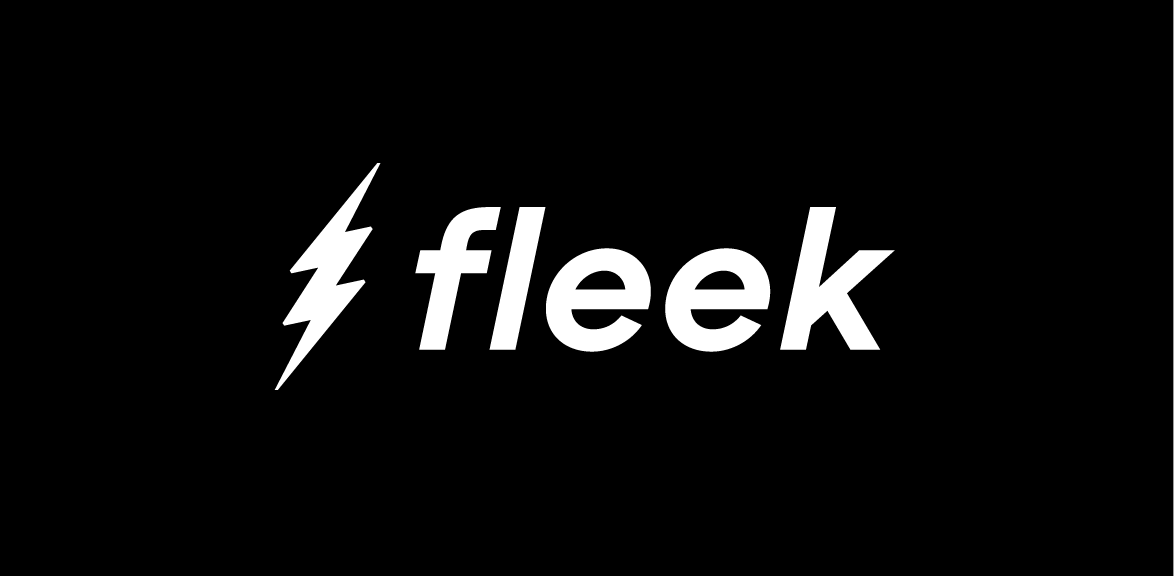-
 PA一线 · 25 分钟前
Cardone Capital设立包含10项资产的房地产基金,用于收购1000多枚比特币
PA一线 · 25 分钟前
Cardone Capital设立包含10项资产的房地产基金,用于收购1000多枚比特币Cardone Capital设立了一个包含10项资产的房地产基金(共2500个单位),用于收购1000多枚比特币。
-
 PA一线 · 36 分钟前
美国参议院将于5月就稳定币相关《GENIUS法案》进行投票
PA一线 · 36 分钟前
美国参议院将于5月就稳定币相关《GENIUS法案》进行投票美国参议院将于5月就《GENIUS法案》进行投票。该法案设定了稳定币的储备金要求和监管规则,旨在平衡创新与消费者保护。这是稳定币监管领域迈出的重要一步。
-
 区块律动BlockBeats · 39 分钟前
门罗币市值一天暴增15亿美元背后:为何黑客们不再喜欢比特币?
区块律动BlockBeats · 39 分钟前
门罗币市值一天暴增15亿美元背后:为何黑客们不再喜欢比特币?被盗资金注入后市值暴涨,门罗币是犯罪的温床还是「加密精神」的延续?
-
 PA一线 · 1 小时前
萨尔瓦多表示在国际货币基金组织达成协议后仍会购买比特币
PA一线 · 1 小时前
萨尔瓦多表示在国际货币基金组织达成协议后仍会购买比特币萨尔瓦多经济部长Maria Luisa Hayem在里约热内卢Web Summit活动上表示,尽管与国际货币基金组织(IMF)签署了要求停止积累比特币的贷款协议,萨尔瓦多仍将继续购买比特币。Hayem在直播采访中确认:“总统Bukele承诺将继续积累资产。”据萨尔瓦多比特币办公室The Bitcoin Office官方消息,萨尔瓦多过去7天已为其国家比特币战略储备增持8枚比特币,比特币储备量达6162.18枚。
 PA一线 · 1 小时前
特朗普支持的稳定币USD1在BNB Chain上的市值突破10亿美元
PA一线 · 1 小时前
特朗普支持的稳定币USD1在BNB Chain上的市值突破10亿美元特朗普家族旗下加密项目World Liberty Financial(WLFI)的稳定币USD1在BNB Chain上市值突破10亿美元。链上数据显示,USD1的三次快速铸造已在BNB Chain上持续增发,价值数亿美元的USD1已增发至BNB Chain。加上以太坊上的现有供应量,USD1的总市值现已超过10.2亿美元。分析人士认为,此举可能是更广泛的推广战略的一部分,旨在扩大USD1在DeFi协议、跨链流动性池和交易平台中的影响力。
-
 PA一线 · 1 小时前
美国德州法官裁定Tornado Cash不能再次受到制裁
PA一线 · 1 小时前
美国德州法官裁定Tornado Cash不能再次受到制裁美国德克萨斯西区地方法院作出终审裁决,认定财政部海外资产控制办公室(OFAC)对Tornado Cash的制裁违法,永久禁止其对该混币器实施制裁。这标志着持续两年的法律纠纷终以隐私协议方胜诉告结。
-
 PA一线 · 2 小时前
英国财政部计划与美国合作推动加密行业创新
PA一线 · 2 小时前
英国财政部计划与美国合作推动加密行业创新英国财政部4月30日发布声明称,计划与美国合作推动加密行业创新发展。财政大臣Rachel Reeves表示,将通过“变革计划”为比特币、以太坊等加密资产服务商制定新规,以提升投资者信心并促进增长。此举旨在使英国成为"全球最佳创新之地"。该声明透露,Reeves近期在华盛顿会晤美国财长Scott Bessent时讨论了数字资产监管合作,包括SEC专员Hester Peirce提出的相关提案。两国财政部将继续通过"英美金融监管工作组"探讨支持数字资产负责任发展的路径。
-
 Odaily星球日报 · 2 小时前
撸毛党的春天:如何玩转币安Alpha积分活动?
Odaily星球日报 · 2 小时前
撸毛党的春天:如何玩转币安Alpha积分活动?币安单号800 U,Coinbase新手200 U。
-
 PA一线 · 2 小时前
贝莱德为其1500亿美元货币市场基金申请设立DLT Shares,布局区块链应用
PA一线 · 2 小时前
贝莱德为其1500亿美元货币市场基金申请设立DLT Shares,布局区块链应用贝莱德为其1500亿美元规模的货币市场基金申请了数字股份类别DLT Shares。DLT份额将仅通过纽约梅隆银行(BNY Mellon)进行销售,该银行打算利用区块链技术来镜像反映所有权,这可能是为未来数字货币/现金的使用所做的前期准备或铺垫。
-
 PA一线 · 2 小时前
Tether凌晨在以太坊网络新增铸造20亿枚USDT
PA一线 · 2 小时前
Tether凌晨在以太坊网络新增铸造20亿枚USDT北京时间今日凌晨02:18和02:22,Tether Treasury在以太坊网络通过两笔交易共新增铸造20亿枚USDT。Tether CEO Paolo Ardoino表示,本次新增铸造的USDT为库存补充。这是一笔已授权但未发行的交易,这意味着该金额将用作下一期发行请求和链交换的库存。
- 加密流通市值(7d)$3,055,787,492,663Market Cap恐惧贪婪指数(近30天)极度恐惧1天(3.33%)恐惧17天(56.67%)中性8天(26.67%)贪婪4天(13.33%)极度贪婪0天(0%)
 PA一线 · 3 小时前
特朗普旗下媒体公司正探索Truth Social生态的实用代币
PA一线 · 3 小时前
特朗普旗下媒体公司正探索Truth Social生态的实用代币美国总统特朗普旗下的媒体公司——特朗普媒体与科技集团(Trump Media & Technology Group)正在考虑推出一款实用型代币,“Truth 数字钱包”的用户可将该代币用于支付“Truth+ 订阅费用”,未来或许还能用于支付“Truth Social生态系统内的其他产品和服务”。去年11月,该公司提交了一份关于金融科技品牌Truth.Fi的商标申请,其中提及了“供下载的计算机软件,用于充当数字钱包”的相关服务。
-
 Techub News · 3 小时前
Delphi Digital:深度解析Sui Q1生态发展
Techub News · 3 小时前
Delphi Digital:深度解析Sui Q1生态发展Sui 的扩展路线图也随着 Pilotfish 执行分片的推进而不断改进,以实现真正的水平可扩展性和弹性验证器配置。
-
 PA一线 · 12 小时前
英国发布加密资产监管草案,将加密货币交易所等纳入监管体系
PA一线 · 12 小时前
英国发布加密资产监管草案,将加密货币交易所等纳入监管体系据英国财政部官网,英国政府于今日发布加密资产新规草案,将加密货币交易所、经销商及代理商正式纳入监管体系,要求符合透明度、消费者保护和运营韧性标准。
-
 PA一线 · 12 小时前
Camp Network完成2500万美元A轮融资,1kx与Blockchain Capital领投
PA一线 · 12 小时前
Camp Network完成2500万美元A轮融资,1kx与Blockchain Capital领投专注于AI版权分润的区块链项目Camp Network宣布完成2500万美元A轮融资,由1kx与Blockchain Capital领投,OKX、Lattice和Paper Ventures等参投,估值最高达4亿美元。
-
 PA一线 · 13 小时前
Binance Wallet将开启第14期TGE:B² Network
PA一线 · 13 小时前
Binance Wallet将开启第14期TGE:B² Network第14期独家TGE活动将于4月30日8:00-10:00 UTC通过PancakeSwap进行,需满足指定Alpha Points门槛,具体要求将在活动开始前公布。另有840万枚B2代币将用于后续市场活动。
-
 链研社 · 13 小时前
Berachain流动性之王Infrared Finance :项目简介及积分计划操作教程
链研社 · 13 小时前
Berachain流动性之王Infrared Finance :项目简介及积分计划操作教程Infrared协议由 Berachain 基金会的 Build-a-Bera 计划孵化,目前在总锁定价值 (TVL) 方面领先于 Berachain 生态系统,资产超过 15 亿美元,占 Berachain 整体 DeFi TVL 的近 60%。
-
 Block Unicorn · 14 小时前
资本主义每天都在扼杀Web3的灵魂
Block Unicorn · 14 小时前
资本主义每天都在扼杀Web3的灵魂真正去中心化的梦想依然存在,但对大多数人来说,它只是一个梦想。
-
 PA一线 · 14 小时前
隐私区块链Miden完成2500万美元种子轮融资,a16z Crypto与Hack VC、1kx共同领投
PA一线 · 14 小时前
隐私区块链Miden完成2500万美元种子轮融资,a16z Crypto与Hack VC、1kx共同领投Polygon Labs未直接投资,而是孵化且达成协议,将Miden未来发行代币的约10%分配给Polygon代币持有者。Miden专注通过零知识证明实现交易隐私,同时兼顾区块链的性能与去中心化。
-
 Zen · 15 小时前
速览Fleek:为AI代理与虚拟影响者打造的全托管平台
Zen · 15 小时前
速览Fleek:为AI代理与虚拟影响者打造的全托管平台为应对部署复杂、隐私风险与扩展性不足,Fleek提出了AI代理一体化解决方案。
-
 D-Tiger 研究院 · 15 小时前
全球公司买比特币成风,但亚洲企业持币占比不足1%
D-Tiger 研究院 · 15 小时前
全球公司买比特币成风,但亚洲企业持币占比不足1%比特币在多元化资产配置、提升资金管理效率以及增强企业价值方面展现了巨大吸引力。
更多内容 Apr . 30
Apr.30












































